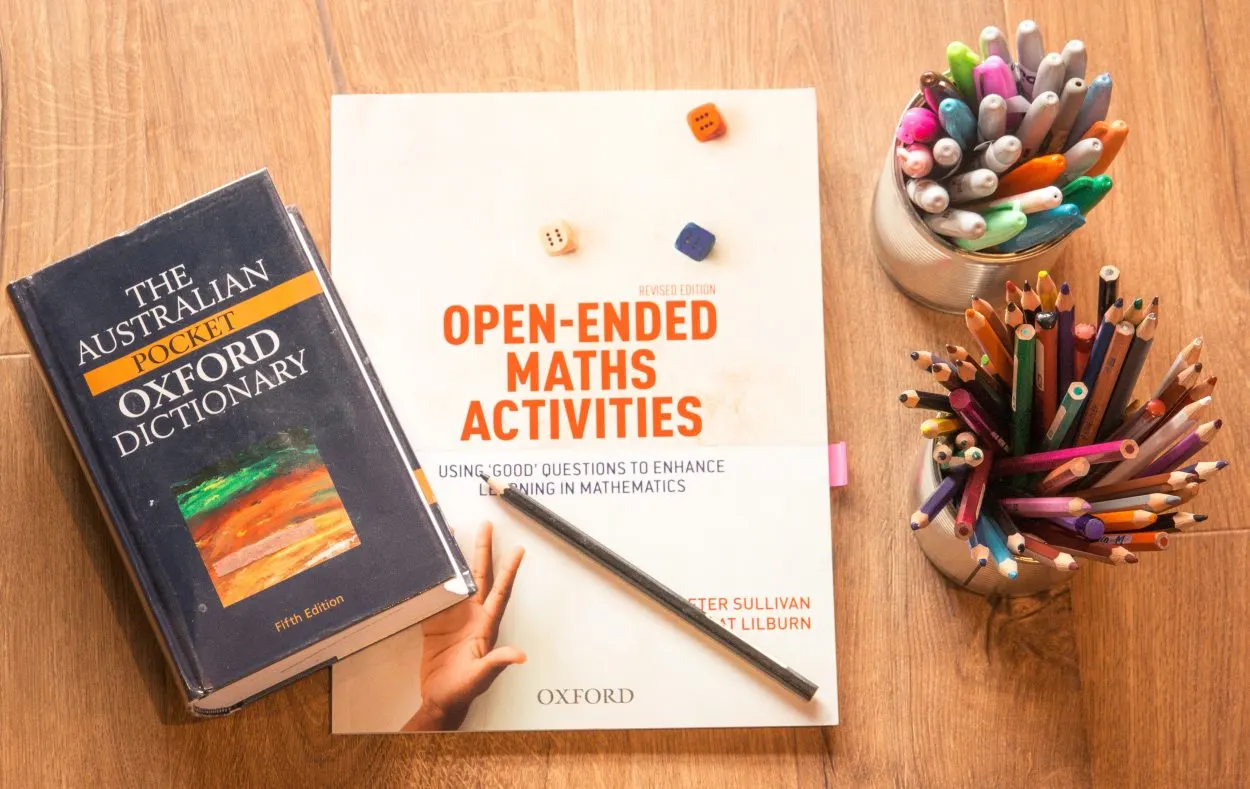English is a universal language, meaning it’s spoken by people worldwide. However, this doesn’t mean everyone knows how to speak English properly. Many rules need to be learned. People make mistakes even with the easiest sentences as they don’t have complete knowledge of certain words, and such mistakes might not seem like mistakes while speaking, but they’re grammatically wrong. Most mistakes are made because we primarily learn English by talking and listening. When we talk, we make mistakes like using a different word similar to the word that was supposed to be used in the situation. The word might have the same meaning but gives a completely different idea.
The English language has uncountable words, and it can be daunting to differentiate between words like “Correct” and “Right.” You must think both mean the same thing, but it’s wrong. “Is that right?” and “Is that correct?” are two different sentences with different ideas.
“Is that right,” is asking a question if something is right or not, however, the definition of “right” is a matter of opinions. “Is that correct,” is also asking a question if something is correct or incorrect, and the word “correct” is used when something is absolutely true.
There isn’t much of a difference between “correct” and “right” as they’re synonymous with each other. However, “correct” is used when something is a fact, while “right” is used when you think something is right.
Keep reading to know more.
How do you use “Right” and “Correct”?

“Correct” is derived from a Latin word, and “Right” is the same. Both of them are considered synonymous with each other.
One can use them with facts, methods, etc. As “correct” and “right” mean that they have no mistakes. However, don’t use “correct” for people, instead use “right”.
For example, If you want to say to someone you think is right, you should say, “You are right, ” not “You are correct.”
Moreover, “correct” is used with something that is a fact, and “right” is used when you think what someone is talking about is right.
Examples:
- Earth is round and not flat. (yes, that’s correct).
- The dress color is too bright (that’s right)
Correct is free from error, while “right” has the possibility of having errors.
Use of “correct” and “right in simple words; “Right” is used more than “correct.” “Correct” implies something absolutely true and has no errors, while “right” implies something merely an opinion.
When should you use ‘Is that correct’?

“Is that correct?” is the simplest sentence, but it is still used incorrectly. It isn’t used when it’s called for.
“Is that correct” is a sentence that is asking a question to the person who has stated a fact. By saying “is that correct” the person is trying to confirm if the fact is actually a fact.
Correct isn’t used when it’s called for. Instead, “right” is used. However, one should understand that both are used in different situations. Correct implies truth or something which is a fact and has no error. Still, it isn’t used as much as “right,” probably because “right” has become normal while speaking.
“Is that correct?” vs “Is that true?”
“Is that correct” and “is that true” are both correct and can be used interchangeably. “Is that correct” is used when something is a fact and has no errors, moreover, “Is that true” can also be used instead of “is that correct”.
“Is that true?” is asked to confirm whether something is a fact. However, “Is that true” can also be used in opinion matters.
Example:
- English is a universal language. (is that correct)
- I saw a change of attitude in her. (is that true)
Here’s a table for the uses of “is that correct,” “is that right,” and “is that true.”
| Is that correct? | Is that right? | Is that true? |
| It’s used when something is a fact and has zero errors | It’s used in the matters of opinions | It’s used for a fact as well as in the matter of opinions |
| Example: There are 7 colors in a rainbow | Example: My driving skills are incredible | It’s used in matters of opinions |
Is “Is that correct?” more formal than “Is that right?”

It’s not about which is formal, it’s about when should “is that correct” and “is that right” be used. However, “is that correct” is considered more formal than “is that right”. Even with this information, one should use “is that correct” and “is that right” only when they’re called for.
Both “Is that correct” and “Is that right” ask for accuracy, but “Is that correct” implies such accuracy, which is a fact, meaning it has been searched and is considered a fact. Whereas “Is that right?” asks for accuracy in opinion matters.
“Is that correct?” is considered more polite than “Is that right?” but it doesn’t mean they can be used interchangeably in every situation. It’s merely about being alert and thinking before speaking or writing, so you won’t be making mistakes.
“Is that right?” VS “Is that true?”
“Is that right” and “is that true”, are both correct, but are used in different situations. “Is that right” is used in the matters of opinions, however “is that true” can also be used in the same situation.
In the case of “Is that true?”, it isn’t necessary if something isn’t a fact or not. It implies when the information that is given is true or not.
Example:
- Is that right? That move was wrong.
- Is that true? People are getting sick from a virus.
Here is a video to differentiate between “True” and “Right“.
To Conclude
- English is a universal language, but it requires careful attention to grammar and word choice.
- “Correct” and “right” are often used interchangeably but have distinct meanings in certain contexts.
- “Correct” implies something is a fact and is free from errors, while “right” relates to opinions or personal beliefs.
- “Is that correct?” is more formal than “Is that right?” and is used to confirm factual accuracy.
- “Is that right?” is used when seeking agreement or confirmation of an opinion.
- “Is that true” can be used interchangeably with “Is that correct” to confirm the truthfulness of information.
- While “Is that correct” and “Is that true” are often interchangeable, “Is that right” has a more specific usage related to opinions.
- Mastering these distinctions in English language usage enhances effective communication both in spoken and written forms.

